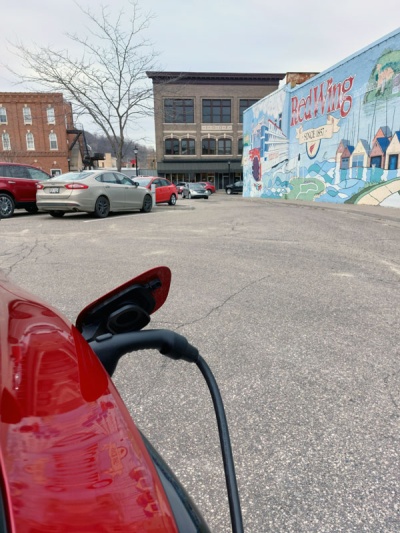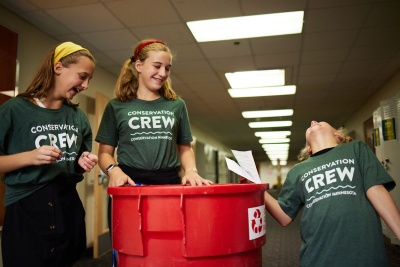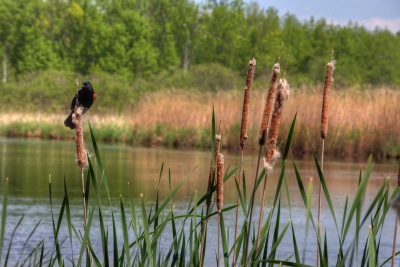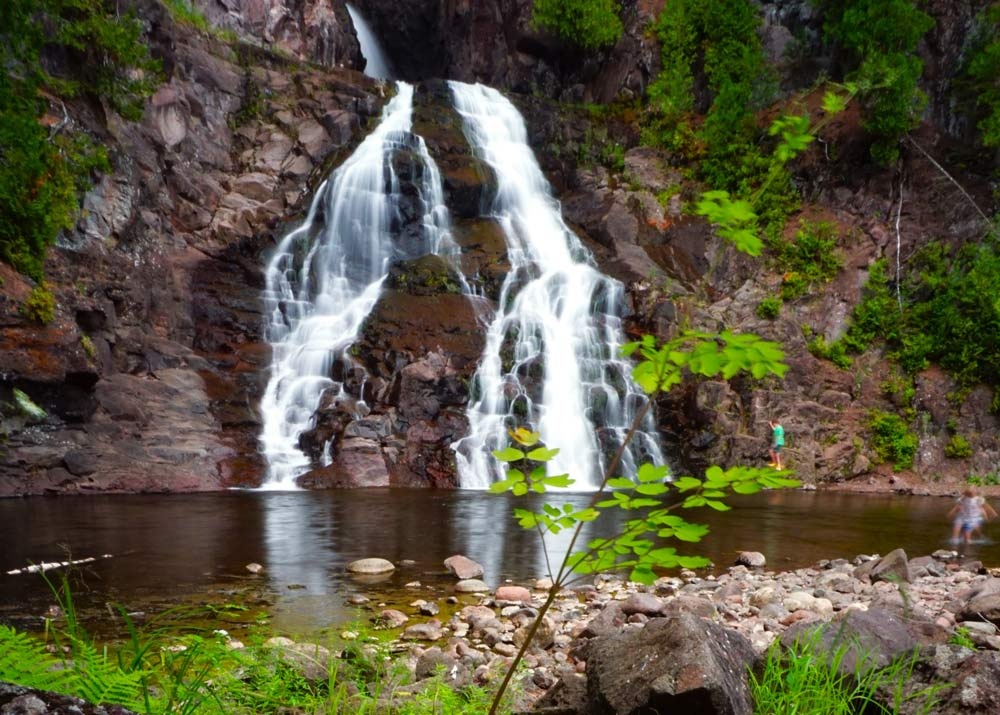Always Moving Forward
Albert Einstein once said, “Life is like riding a bicycle. To keep your balance, you must keep moving.” I thought about this quote as we made plans for the 2024 Legislative Session and continue to celebrate Conservation Minnesota’s 20th anniversary.
In some years, we have made tremendous progress toward our mission of solving the conservation problems that are most important to you. In contrast, other years have been much more difficult. But by working together and always moving forward, we have built a proven record of progress.
Something that makes this work so fun and simultaneously challenging is that no matter what we accomplish, there is always another step to take toward the future Minnesota we envision—one with clean water, clean energy, and ample opportunities for everyone to experience the wonders of our Great Outdoors.
In this newsletter, I am excited to share key legislative priorities for this year and the past accomplishments that helped pave the way.
Thank you for being our partner on this journey. Your support inspires us each day to keep pedaling.
—Paul Austin, Executive Director
———
What It Takes
Solving our state’s largest conservation problems means taking incremental steps toward significant culture-shifting changes. During this legislative session, many of our priorities are built upon past successes. In this work, we’re committed to ensuring the policies we pass today work for and protect everyone, no matter their zip code, income level, or skin color.

Climate Pollution & Clean Air
Conservation Minnesota’s years of organizing, public education, and advocacy were critical to passing the 100% Clean Energy standard. To date, this is our state’s most significant step toward tackling the climate crisis. We also helped prepare for 100% Clean Energy by working with the Coalition of Utility Cities in 2021 and 2023 to secure funding for communities that host fossil fuel plants and their workers to ease the transition to a clean energy economy.
But we can’t stop here. Coming out of a historically mild winter caused partly by climate change, we must continue to take action to reduce all types of carbon emissions.
-
What’s Next in Clean Air
This year, we are supporting legislation to reform permitting and speed up the development of wind and solar projects and the necessary transmission lines needed to achieve 100% Clean Energy by 2040.
We are also working to pass a clean transportation standard that will boost our economy while reducing carbon emissions, expanding the use of electric vehicles, and incentivizing climate-smart agriculture practices that help keep lakes and rivers clean. Transportation is Minnesota’s largest source of climate pollution and, therefore, our greatest opportunity to improve air quality across Minnesota.

MORE RECYCLING & Less Waste
Conservation Minnesota has worked on several laws that require manufacturers and retailers to take responsibility for the safe disposal of their products. In 2007 and 2013, we helped pass laws requiring manufacturers of problem materials like electronics and paint to pay for their collection and recycling.
In 2023, we worked with local governments to increase funding for their recycling programs.
-
What’s Next in Pollution & Waste
This year, we’re working to pass the Packaging Waste & Cost Reduction Act, which would require manufacturers to use entirely compostable, recyclable, or reusable packaging by 2032. More than half of Minnesota's waste is buried in a landfill or burned. This bill could return a large amount of packaging waste back into the supply chain, provide additional funding for local recycling programs, and protect water and air quality in communities around waste facilities.
Each day in Minnesota, enough aluminum cans are buried in landfills to stretch from Minneapolis to Grand Marais, almost 300 miles. That’s why we’re supporting a statewide recycling refund program to prevent recyclable bottles and cans from ending up in our landfills. Providing consumers with a small financial incentive to recycle beverage containers would dramatically increase recycling rates, allow community groups to benefit from refunds, and help manufacturers meet their goals of making products using recycled materials.

Safe Drinking Water & Clean Lakes
Last year, we led a coalition of unlikely partners that secured a historic $240 million in funding and a commitment to replace all lead service lines in Minnesota within 10 years. Before that, individuals and some cities worked independently to protect themselves and their residents from toxic lead water pipes. However, the exorbitant replacement cost left many families needing a different solution. Since Minnesota set its goal, the federal government has also committed to removing all lead lines nationwide by 2034.
In 2023, Conservation Minnesota wrote and helped pass the bill that requires the state to use Clean Water Fund resources to ensure that all waters are swimmable, fishable, or drinkable by 2050.
-
What’s Next in Clean Water
This legislative session, we will advocate for $180 million of additional funding to keep Minnesota on track to find and replace all lead drinking water lines on time and at no cost to homeowners.
